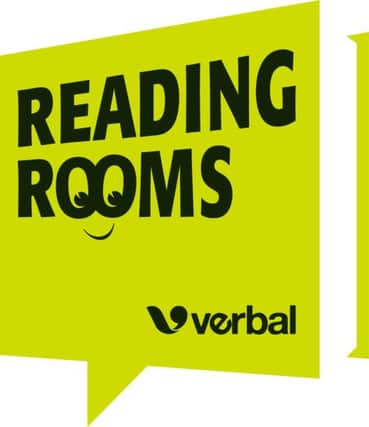Do you have the skills to become a volunteer in the Reading Rooms?


If so, they want to hear from you.
Reading Rooms is a successful shared reading programme developed and managed by the Verbal Arts Centre. The format is inclusive and it is backed by a range of statutory, charitable, and discretionary funders, including Arts Council NI, the Henry Smith Charity, Children in Need, and Spirit of 2012.
Sinead Devine, Project Officer for Older People, said: “This funding means that we can offer the Reading Rooms experience to more people throughout Northern Ireland. We are currently engaged with children and young people at risk or in care, young offenders and ex-offenders, older people with mental health issues, and older people living in residential care settings.”
Advertisement
Hide AdAdvertisement
Hide AdShared reading is an effective concept. Every week, volunteer readers engage with a group to read aloud a carefully selected short story and a poem and to have a conversation about what they have read. The relationship between volunteers and groups generally builds over a 10-week period. The insights, shared
experiences, and the transformations that occur within groups are nothing short of amazing. Reading Rooms has improved confidence, literacy, self-esteem, and decision-making across the board.
Outreach Project Officer, Aoife Logue, takes up the story: WWe could not fulfil our commitment to Reading Rooms without a dedicated team of volunteers, and we are lucky to have some of the most committed volunteers in the business working with us. It is a big ask. Volunteers need to be available to commit themselves to the programme, to collect and prepare their materials, to get to their venues and deliver the Reading Rooms every week, and to provide specific feedback on how they got on. Once trained, the estimated total commitment is around 2-3 hours per week.
“What we are looking for in a volunteer is a love of reading and the ability to read aloud and ask questions in ways that engage groups of around 10 people.” said Sinead. “It’s not as scary as it might sound and our training helps enormously with that aspect of Reading Rooms. There is also a huge amount of peer support to help volunteers get to grips with asking effective questions. The whole point is to start a conversation, and people do that quite naturally in everyday life. It’s just a case of applying what you do naturally to short pieces of literature.”
To find out more about volunteering with Reading Rooms, please contact Mary, Sinead or Aoife on 02871 266946 or email [email protected]